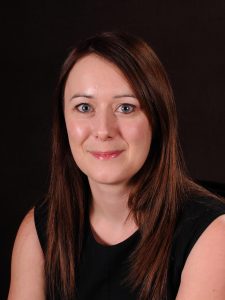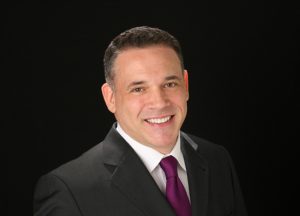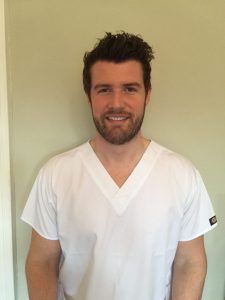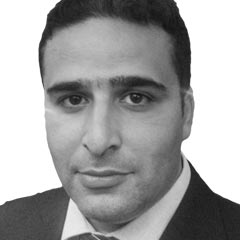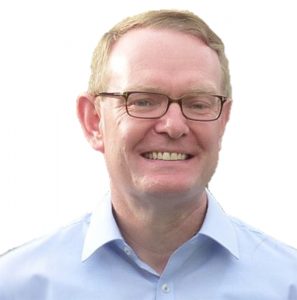Times are changing. We are starting to appreciate the effect that our throwaway culture has had on the environment. Our obsession for speed and convenience, particularly in terms of food consumption, has become evident with excessive amounts of waste in our seas and overflowing landfill sites.
Post-war, society went from a mindset of ‘make do and mend’ – with daily visits from the milk-man and reusable bottles – to the opulence of quick food, throw away luxuries and unparalleled convenience. The UK alone produces an estimated 202 million tonnes of waste a year and landfills are struggling to cope. The coffee-culture is not helping – takeaway coffee has created another waste issue with up to seven million cups thrown away every day, and only around 1 in 400 recycled.
Thankfully, the government and environmentally friendly organisations are taking action. The Commons Select Committee, in fact, launched an inquiry into the coffee cup epidemic in March 2017, with the aim of investigating possible solutions and there is further pressure from campaign groups, such as A Plastic Planet. More recently, the UK followed some of its European partners by charging consumers for plastic bags (usage of these has reduced significantly already. )
There has been the concept of ‘reduce, reuse and recycle’ in the workplace for a while now but times are evolving with consideration now being given to the whole cycle of production and waste, and tackling it on a much wider scale. The idea of a circular economy is taking hold, a regenerative system, endorsed by The Ellen McArthur Foundation and other high-profile advocates, such as Prince Charles, with an aim “to redefine products and services to design waste out, while minimising negative impacts.” There are many practical ways in which consumers can contribute to relieving the problem too; using local farmer’s markets and buying produce with no or minimal packaging, to home grew food and investing in a reusable coffee cup for that morning caffeine fix.
In the dental practice, professionals can play their part by ensuring all waste produced on the premises is correctly segregated according to the treatment or disposal method required. Following the Department of Health’s best practice guidelines for colour-coded waste streams, teams can help to ensure all appropriate waste is recycled or repurposed, reducing the burden on the environment. Leading experts in the field, Initial Medical, offer all the relevantly coloured waste bags, bins, and sharps containers, as well as the ongoing advice and support needed to maintain efficient waste management processes in the practice. The service provider is also committed to recycling 100% of the dental waste collected at its own dedicated dental recycling facility.
It is time to relieve the waste problem currently burdening the planet. Both individuals and organisations must take responsibility for the waste that they produce and together, we can make for a bright future.
For further information please visit www.initial.co.uk/medical or Tel: 0870 850 4045
